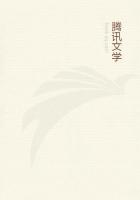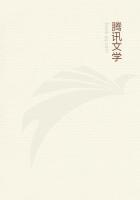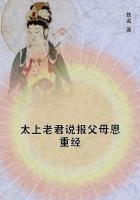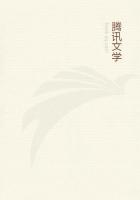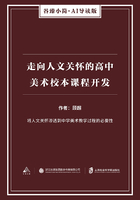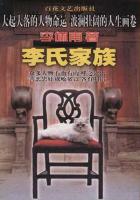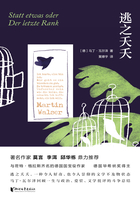But he spoke almost as rarely of his friends as of himself. He liked the large, impersonal topics which could be dealt with on their human side, and involved characters rather than individuals. This was rather strange in Cambridge, where we were apt to take our instances from the environment. It was not the only thing he was strange in there; he was not to that manner born; he lacked the final intimacies which can come only of birth and lifelong association, and which make the men of the Boston breed seem exclusive when they least feel so; he was Longfellow to the friends who were James, and Charles, and Wendell to one another. He and Hawthorne were classmates at college, but I never heard him mention Hawthorne; I never heard him mention Whittier or Emerson. I think his reticence about his contemporaries was largely due to his reluctance from criticism: he was the finest artist of them all, and if he praised he must have praised with the reservations of an honest man. Of younger writers he was willing enough to speak. No new contributor made his mark in the magazine unnoted by him, and sometimes I showed him verse in manuscript which gave me peculiar pleasure. I remember his liking for the first piece that Mr. Maurice Thompson sent me, and how he tasted the fresh flavor of it, and inhaled its wild new fragrance. He admired the skill of some of the young story-tellers; he praised the subtlety of one in working out an intricate character, and said modestly that he could never have done that sort of thing himself. It was entirely safe to invite his judgment when in doubt, for he never suffered it to become aggressive, or used it to urge upon me the manuscripts that must often have been urged upon him.
Longfellow had a house at Nahant where he went every summer for more than a quarter of a century. He found the slight transition change enough from Cambridge, and liked it perhaps because it did not take him beyond the range of the friends and strangers whose company he liked. Agassiz was there, and Appleton; Sumner came to sojourn with him; and the tourists of all nations found him there in half an hour after they reached Boston. His cottage was very plain and ******, but was rich in the sight of the illimitable, sea, and it had a luxury of rocks at the foot of its garden, draped with sea-weed, and washed with the indefatigable tides. As he grew older and feebler he ceased to go to Nahant; he remained the whole year round at Cambridge; he professed to like the summer which he said warmed him through there, better than the cold spectacle of summer which had no such effect at Nahant.
The hospitality which was constant at either house was not merely of the worldly sort. Longfellow loved good cheer; he tasted history and poetry in a precious wine; and he liked people who were acquainted with manners and men, and brought the air of capitals with them. But often the man who dined with Longfellow was the man who needed a dinner; and from what I have seen of the sweet courtesy that governed at that board, I am sure that such a man could never have felt himself the least honored guest.
The poet's heart was open to all the homelessness of the world; and I remember how once when we sat at his table and I spoke of his poem of "The Challenge," then a new poem, and said how I had been touched by the fancy of "The poverty-stricken millions Who challenge our wine and bread, And impeach us all as traitors, Both the living and the dead," his voice sank in grave humility as he answered, "Yes, I often think of those things." He had thought of them in the days of the slave, when he had taken his place with the friends of the hopeless and hapless, and as long as he lived he continued of the party which had freed the slave.
He did not often speak of politics, but when the movement of some of the best Republicans away from their party began, he said that he could not see the wisdom of their course. But this was said without censure or criticism of them, and so far as I know he never permitted himself anything like denunciation of those who in any wise differed from him.
On a matter of yet deeper interest, I do not feel authorized to speak for him, but I think that as he grew older, his hold upon anything like a creed weakened, though he remained of the Unitarian philosophy concerning Christ. He did not latterly go to church, I believe; but then, very few of his circle were church-goers. Once he said something very vague and uncertain concerning the doctrine of another life when I affirmed my hope of it, to the effect that he wished he could be sure, with the sigh that so often clothed the expression of a misgiving with him.

